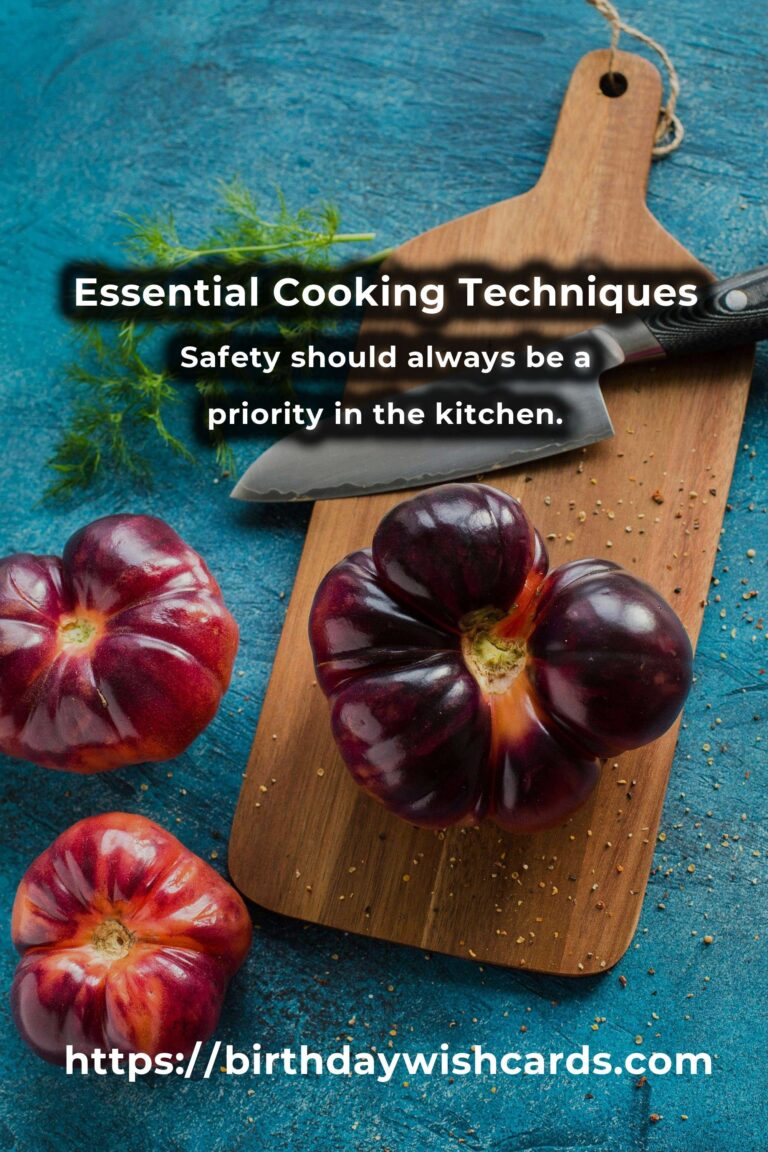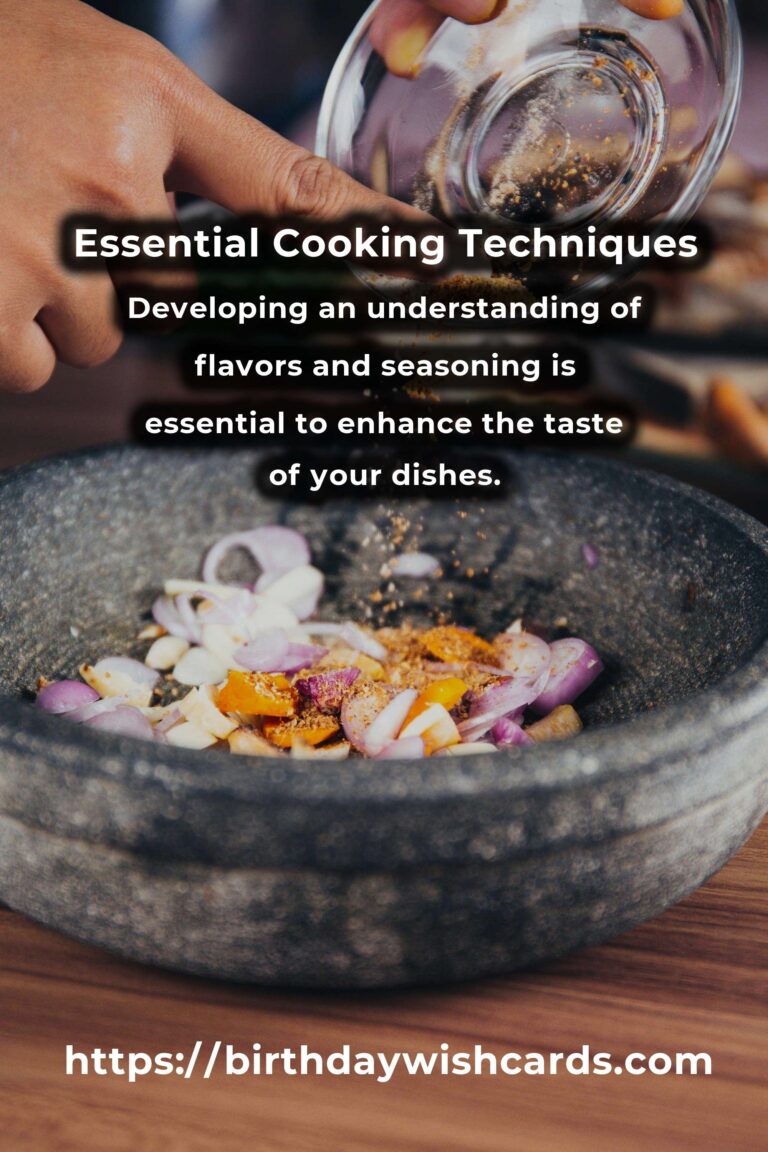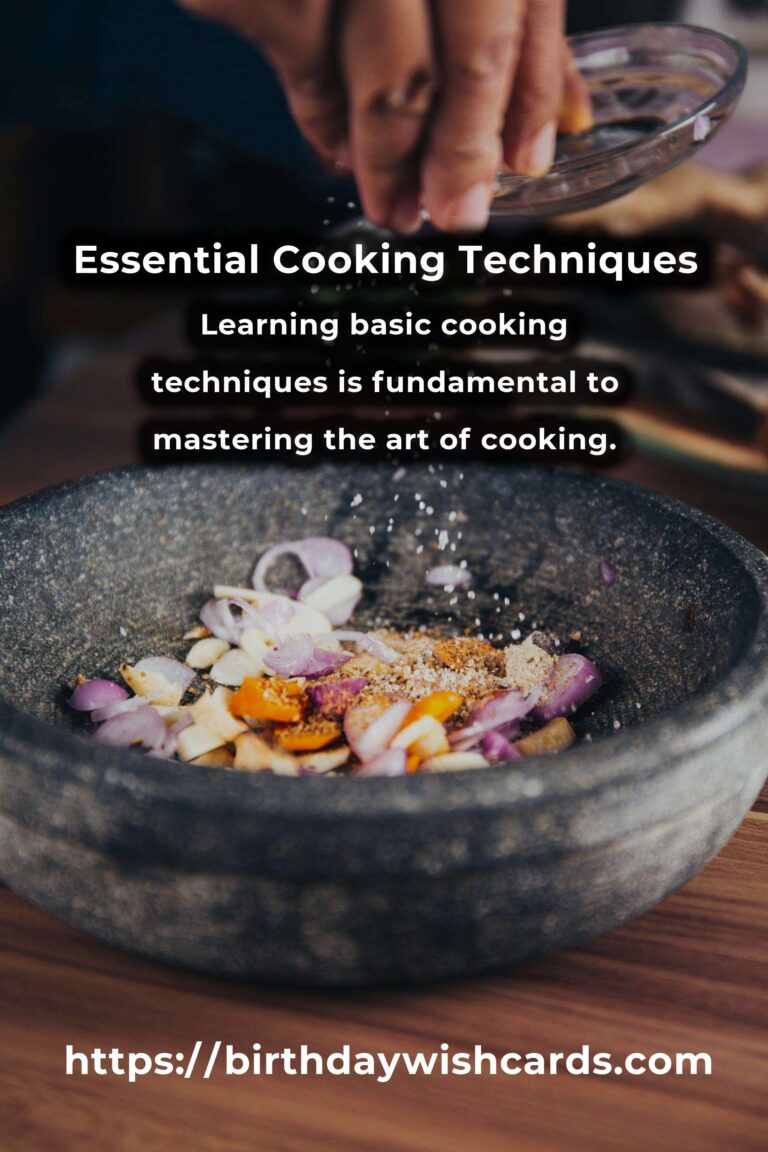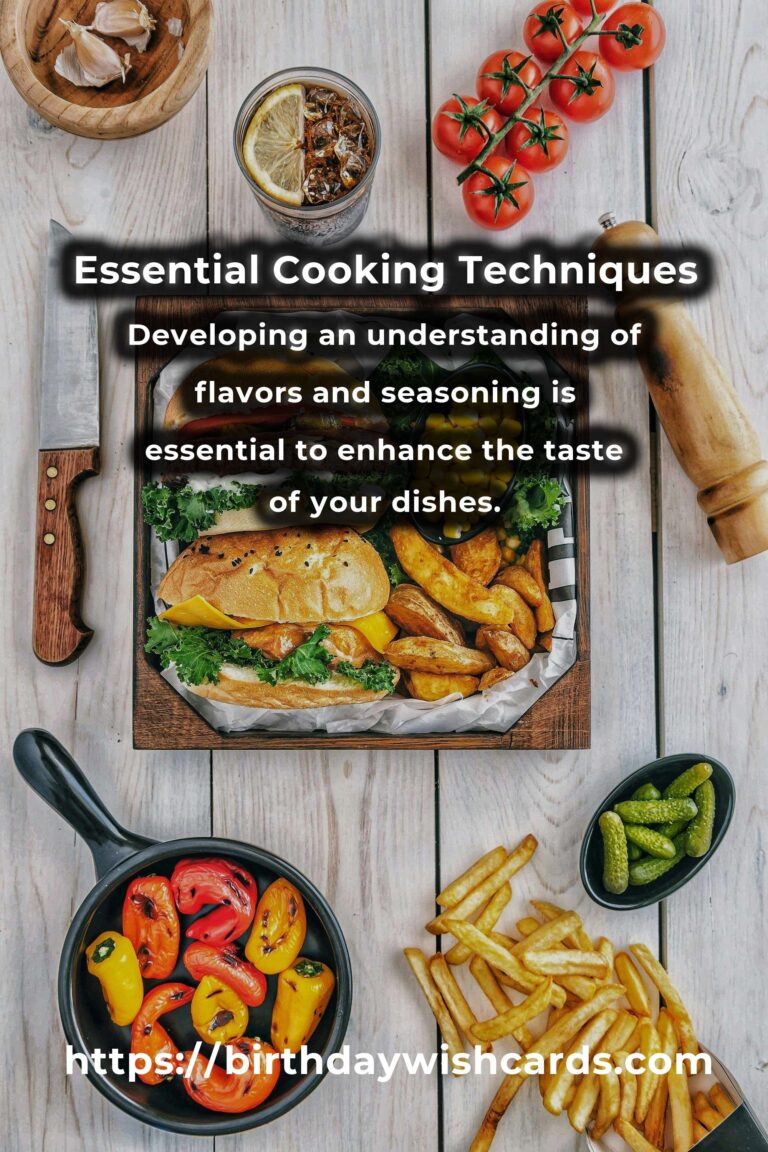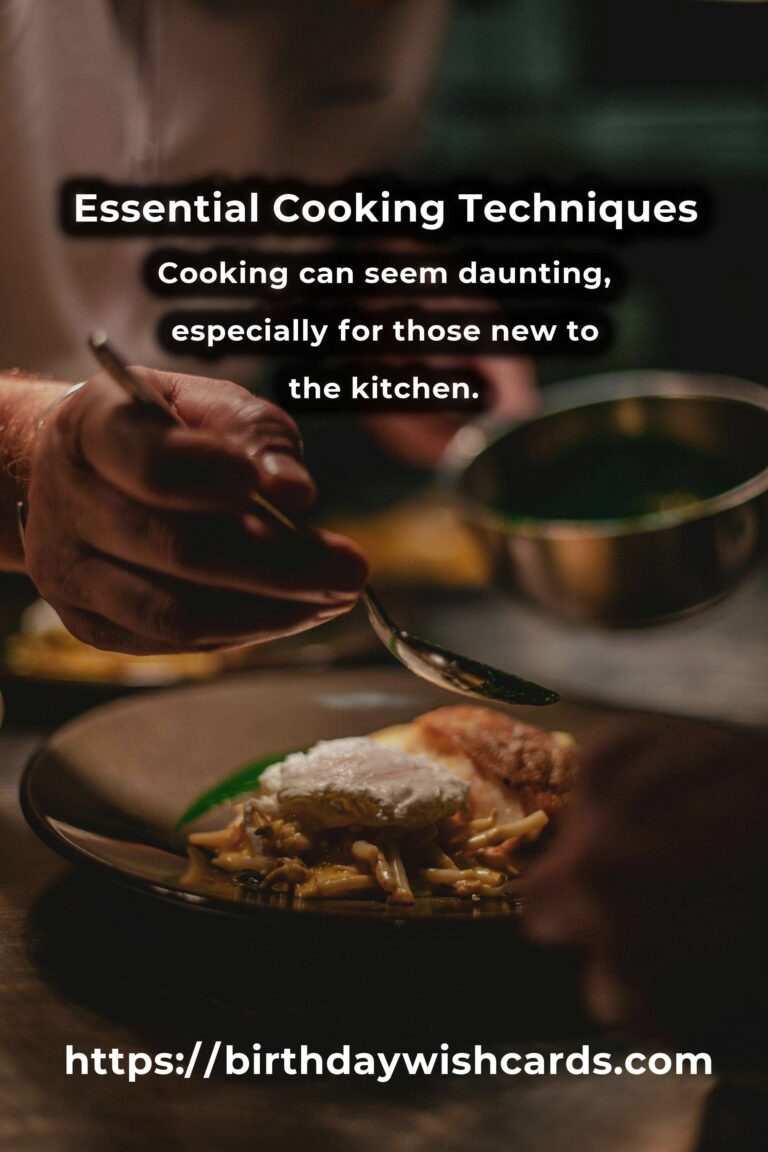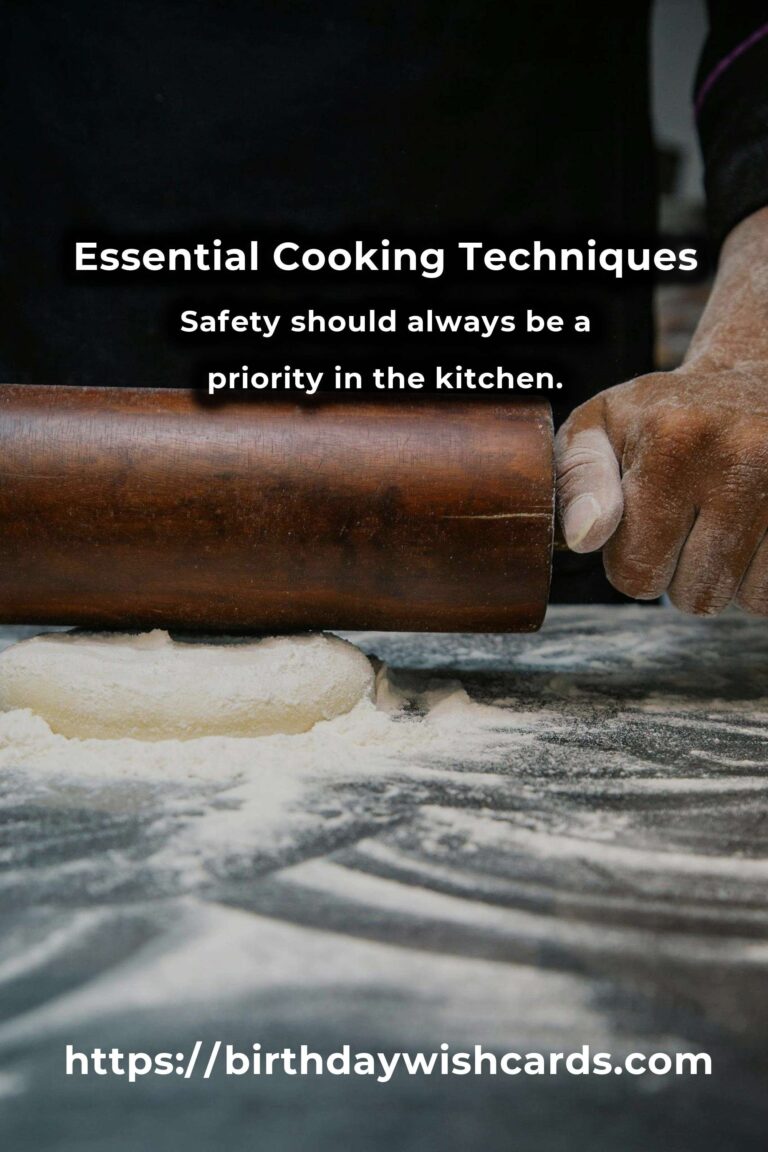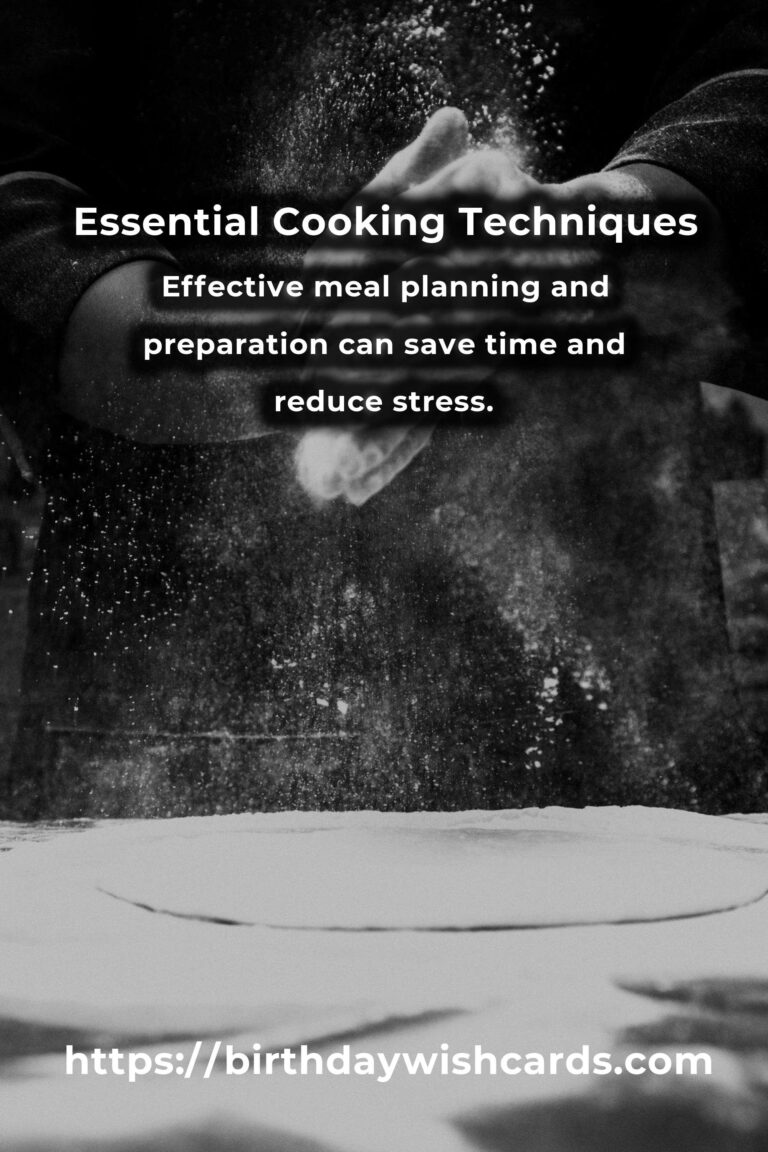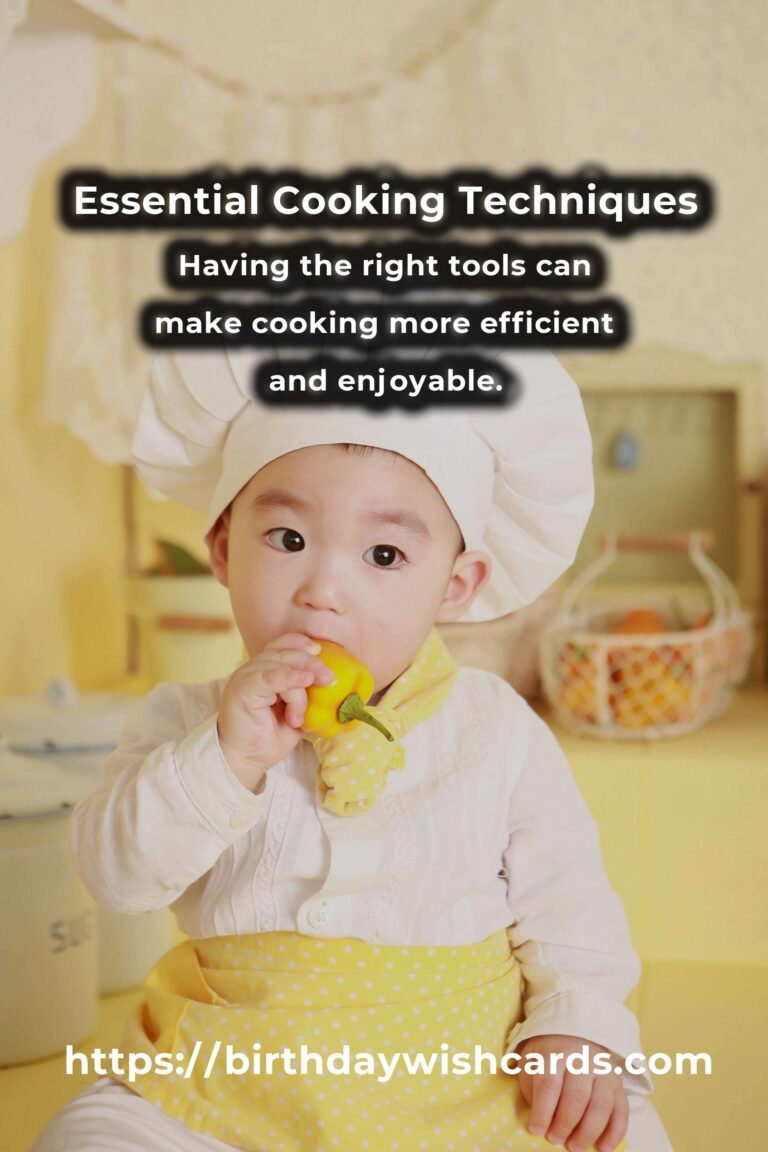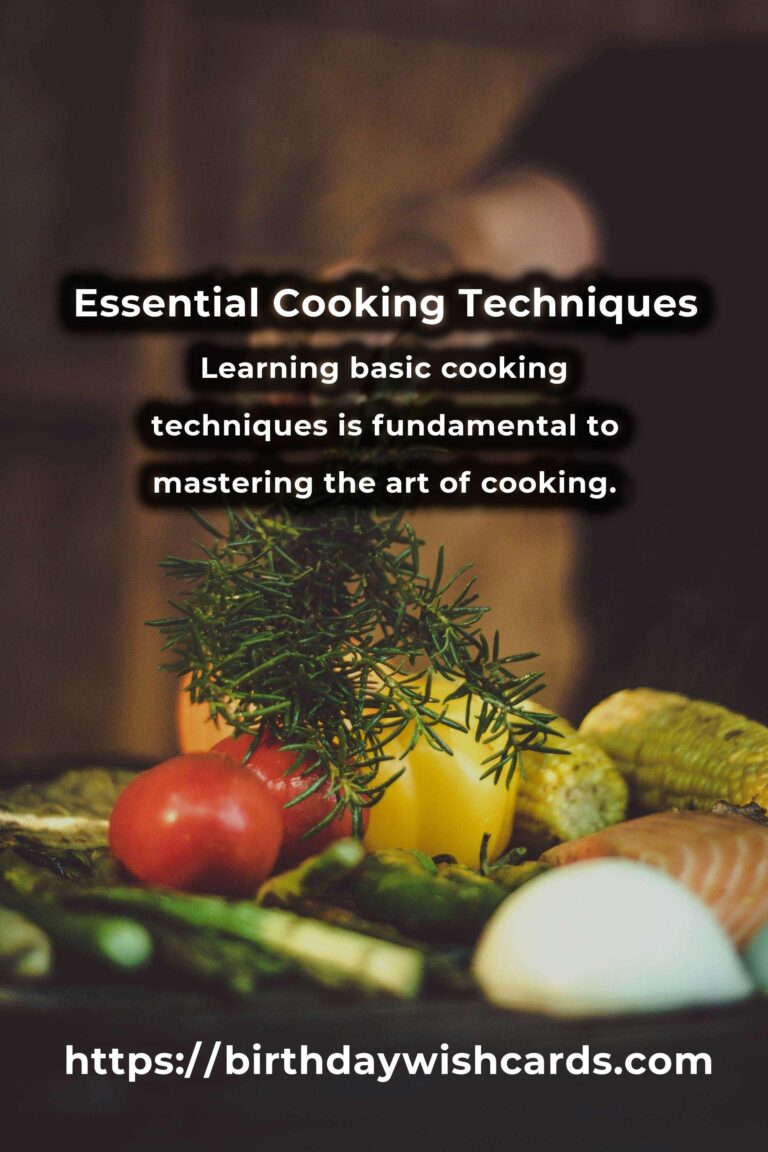
Cooking can seem daunting, especially for those new to the kitchen. However, with the right techniques and a bit of practice, anyone can become a proficient home chef. This guide aims to demystify cooking basics by providing essential ideas and techniques to help beginners gain confidence and improve their culinary skills.
Understanding Cooking Terms
Before diving into cooking, it’s crucial to familiarize yourself with common cooking terms. Knowing the difference between sautéing and simmering, or baking and broiling, can significantly affect the outcome of your dish. Sautéing involves cooking food quickly in a small amount of oil over medium to high heat, while simmering involves cooking food gently in liquid at a low temperature.
Essential Kitchen Tools
Having the right tools can make cooking more efficient and enjoyable. Essential kitchen tools include a sharp chef’s knife, cutting board, measuring cups and spoons, mixing bowls, a skillet, and a saucepan. Investing in good quality tools can enhance your cooking experience and ensure better results.
Basic Cooking Techniques
Learning basic cooking techniques is fundamental to mastering the art of cooking. Start with simple techniques such as chopping, slicing, and dicing. As you become more comfortable, progress to more advanced techniques like roasting, grilling, and steaming. Practice is key, so don’t be afraid to experiment with different methods.
Meal Planning and Preparation
Effective meal planning and preparation can save time and reduce stress. Begin by planning your meals for the week, considering nutritional balance and variety. Once your meals are planned, create a shopping list to ensure you have all the necessary ingredients. Prepping ingredients in advance, such as chopping vegetables or marinating meats, can make the cooking process smoother.
Understanding Flavors and Seasoning
Developing an understanding of flavors and seasoning is essential to enhance the taste of your dishes. Experiment with different herbs and spices to discover combinations you enjoy. Remember, seasoning should enhance the natural flavors of the food, not overpower them. Taste your dishes as you cook and adjust seasonings accordingly.
Cooking Safety Tips
Safety should always be a priority in the kitchen. Ensure you practice safe knife handling techniques, keep your work area clean, and be aware of hot surfaces and sharp objects. Always wash your hands before and after handling raw ingredients to prevent cross-contamination.
Conclusion
Cooking is a valuable skill that can be both rewarding and enjoyable. By mastering these cooking basics, you can create delicious meals with confidence and creativity. Remember, practice makes perfect, so keep experimenting and have fun in the kitchen!
Cooking can seem daunting, especially for those new to the kitchen. Knowing the difference between sautéing and simmering can significantly affect the outcome of your dish. Having the right tools can make cooking more efficient and enjoyable. Learning basic cooking techniques is fundamental to mastering the art of cooking. Effective meal planning and preparation can save time and reduce stress. Developing an understanding of flavors and seasoning is essential to enhance the taste of your dishes. Safety should always be a priority in the kitchen.
#CookingBasics #KitchenTips #BeginnerCooking #CulinarySkills


